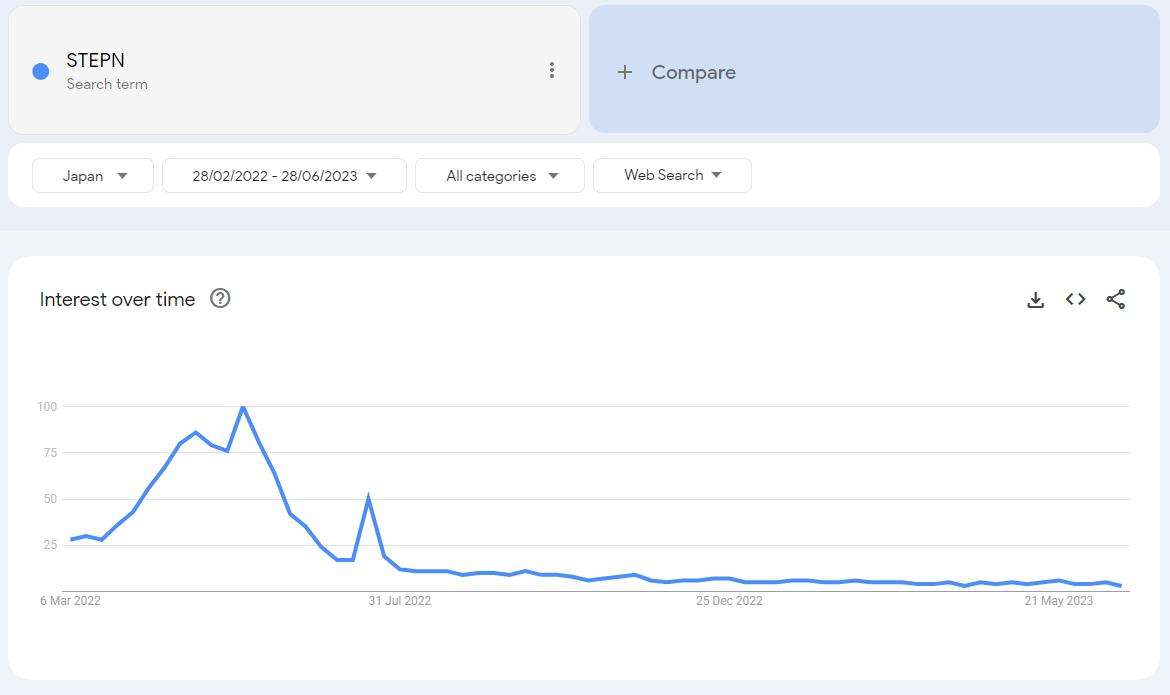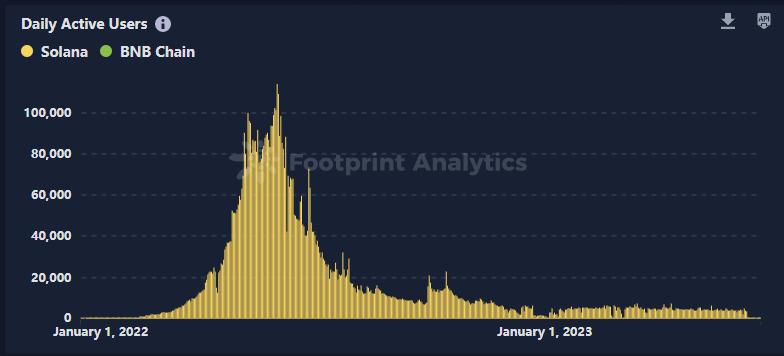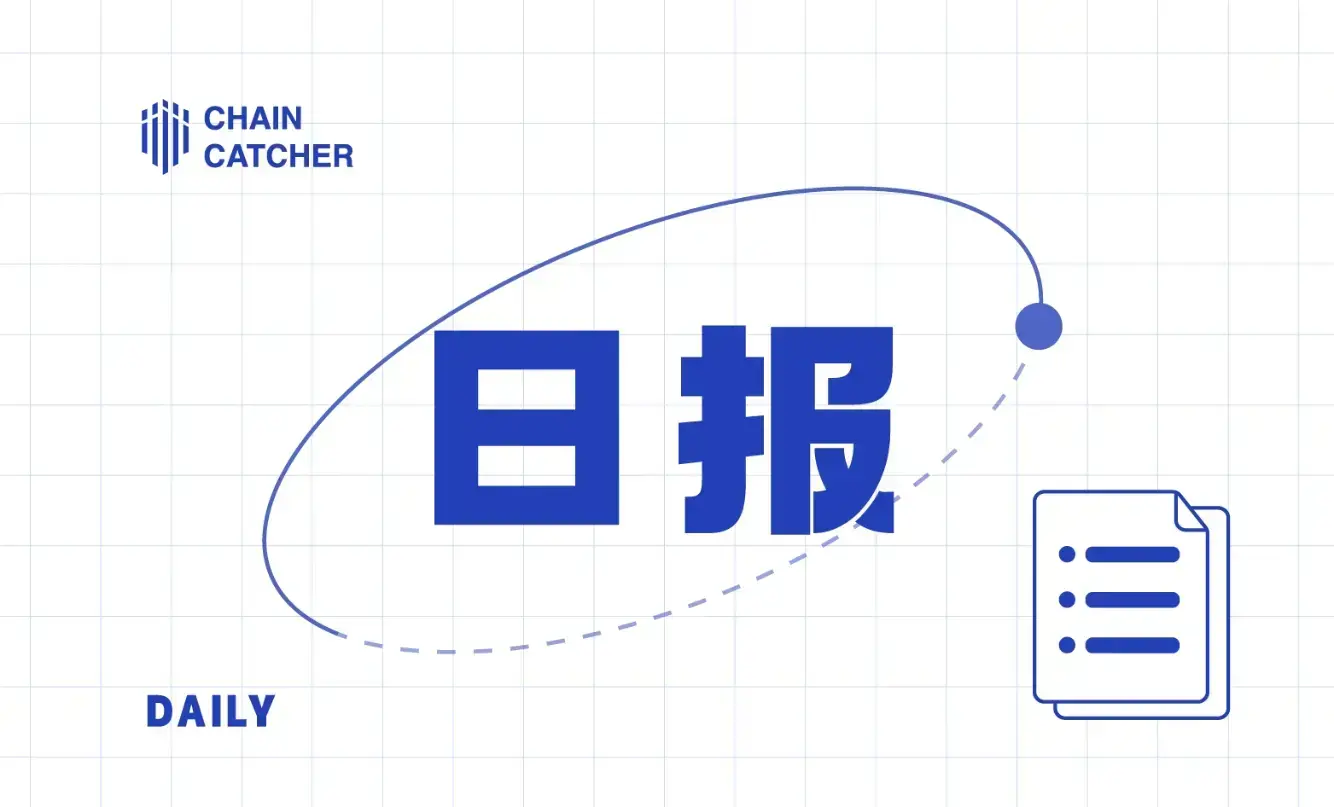Japan Cryptocurrency Market Report: Industry Trends and Future Outlook Study
Author: Footprint Analytics
In Japan's cryptocurrency industry, the fields of NFTs and Web3 games dominate. High-quality projects adopt a series of operational strategies, including building strong communities, localized marketing, and gaining users' trust through long-term operations. In recent months, the relaxation of regulations in Japan has attracted more attention to the cryptocurrency sector.
Key Points:
To ensure the stability of the investment market and the safety of investors' assets, the Japanese government has established strict laws and regulations, which pose a challenge for small cryptocurrency projects.
STEPN is a model example of a project that successfully entered the Japanese market. The project seized the opportunity, conducted localized marketing, and actively built a community, attracting significant attention in the Japanese market.
Globally, Japan is a unique market with tremendous potential in the financial and investment sectors, boasting a strong retail forex industry and a thriving stock trading sector.
Due to early cryptocurrency hacks, the Japanese government has taken a conservative stance towards the cryptocurrency industry, implementing cautious regulations. Even today, under the supervision of the Financial Services Agency, the options for cryptocurrency assets in Japan remain relatively limited.
However, Japan's approval of Bitcoin as a legal form of payment in 2017 created conditions for the rapid development of the cryptocurrency industry. Although the government was initially skeptical about the sector, recent events indicate that as the Japanese blockchain industry continues to evolve, the government has become more supportive of its development.
In April 2023, the ruling party's Web 3.0 project team in Japan released a white paper proposing recommendations to promote the development of the Japanese crypto industry. In June 2023, Japan's "Revised Fund Settlement Law" was passed in the House of Councillors, making it the first country in the world to enact a stablecoin law.
However, due to certain policy restrictions, such as prohibiting direct investment in tokens and issuing token projects, the development of DeFi in Japan remains relatively constrained. Therefore, NFTs and blockchain games are often considered the main participants in Japan's cryptocurrency market.
If you want to learn more about the Japanese cryptocurrency market, you can click here to view the full report: Japan Crypto Market Report: Industry Trends and Future Prospects Study.
What Are the Characteristics of Successful Blockchain Projects in Japan?
High-quality blockchain projects in Japan adopt a series of operational strategies, including building strong communities, localizing projects, and gaining users' trust through long-term operations.
Strong Community
One of the most important characteristics of a successful blockchain project is having a community composed of project supporters and loyal users. This community can help increase the project's visibility, enhance participation, and ensure the project's long-term operation. To achieve a thriving community, various methods can be employed, such as hosting community events, incentivizing users, and increasing project transparency.
Project Localization
Localized operations are crucial for various blockchain projects in the Japanese market. Given Japan's strong cultural foundation and the dominance of the Japanese language in daily life, overseas projects need to adapt their products and services to local regulations, translate information into Japanese, and collaborate with local KOLs and media to host local events. By engaging with localized audiences, projects can gain more visibility and users.
Long-term Operations
A successful blockchain project must have the ability to manage risks and adapt to the market. Developing a viable product and concept requires maintaining stable operations amid market fluctuations. Japanese people tend to be relatively cautious and often hesitate towards new technologies, so projects must gradually build their reputation in the Japanese market and operate long-term to achieve success.
In addition to these characteristics, establishing partnerships with local KOLs, VCs, projects, and media can also help projects expand their influence, build credibility, and drive win-win growth. This is especially important in Japan, where industry giants, particularly in traditional sectors, still dominate the market. Therefore, startups should leverage their innovative advantages to partner with these existing giants to gain momentum.
STEPN Case Study: Development of Overseas Projects in the Japanese Market

STEPN is the first game to implement the "Move to Earn" economic model and has achieved significant success in the Japanese cryptocurrency market.
The core game mechanism of STEPN allows players to purchase sneaker NFTs and earn in-game tokens (GST) by walking, jogging, or running outdoors. These tokens can be used to upgrade existing sneakers or create new ones. STEPN's success in Japan can be attributed to several key factors.
First, the timing of entry is crucial. When STEPN launched around the end of 2021, the macro market conditions were relatively favorable. Following the bull market in November 2021, many people had ample funds at their disposal. The increase in liquidity led to a greater willingness among users to purchase in-game items. Although the project team cannot control market trends, it remains an important determinant of the project's success.
Additionally, it is worth noting that compared to players in other countries, Japanese players typically have higher spending power. They are often willing to invest significant amounts of money in NFT items within games, with some even investing five or six figures to maximize their gaming returns.
Such spending levels are rarely seen in the gaming sector compared to other countries. For example, Axie Infinity is a very popular game in the Philippines, driven primarily by its scholarship mechanism. Players can rent three Axies at a low cost to join a guild, allowing them to enter the game with almost no upfront costs. Thus, individuals can participate with minimal initial investment.
From the early stages of the game, STEPN identified Japan as its target market. Therefore, before players from other regions joined the game economy, Japanese players had already utilized their strong purchasing power to shape the in-game market circulation mechanism, resulting in a healthier and more liquid in-game market than the global average. Japanese people typically have lower participation in global communities, but STEPN successfully adapted to the local community in Japan, triggering a positive cycle, leading to more discussions about STEPN in the Japanese market than in other major markets worldwide.
 Source: Google Trends
Source: Google Trends
The use of GPS in the game can also be seen as a favorable factor. STEPN requires precise GPS tracking to prevent cheating and maintain the integrity of the in-game economy while injecting stakes in real-time. Many Japanese people use iPhones equipped with precise GPS systems, making it easy for players to start playing and earning money.
The Gacha system is a unique feature widely used in Japanese mobile games, allowing players to exchange game tokens for random in-game items. The Gacha system has been a significant driver of growth in Web2 mobile games. STEPN successfully integrated this concept into the game, enhancing player engagement and interest.
During the peak popularity of the game, STEPN players could earn approximately $3,000 daily just by walking. The user-friendliness of the game and its generous rewards sparked a viral frenzy, even leading to a breakout effect.
Other projects can learn strategies from successful cases like STEPN. However, it is essential to note that macro market conditions and other external factors also significantly impact the success of projects operating in the Japanese market.
Opportunities and Challenges in Japan's Cryptocurrency Industry
Japan has a strong and well-established traditional financial system, providing a solid foundation for the development of its blockchain and Web3 industries.
When discussing Japan's cryptocurrency market, compliance has always been a significant topic. To ensure the stability of the investment market and the safety of investors' assets, Japan has strict laws and regulations in the blockchain sector. However, while these regulations protect the industry, they also pose challenges for some startup cryptocurrency projects. High compliance costs and tax burdens hinder the entry and development of these projects. Additionally, the lengthy approval process for token listings has led to perceptions of a lack of vitality in the market, resulting in a loss of confidence in the sector.
For a long time, Japan has maintained a stable and cautious approach to financial affairs. This attitude may limit the innovation of enterprises and the flexibility of the market, but it also protects traders from significant risks. Innovation is key to the success of cryptocurrencies, so the lack of innovation may be a crucial reason why Japan's cryptocurrency industry lags behind other countries.
The good news is that in April 2023, the ruling party's Web 3.0 project team in Japan released a white paper proposing recommendations to promote the development of the Japanese crypto industry. In June 2023, Japan's "Revised Fund Settlement Law" was passed in the House of Councillors, making Japan the first country in the world to enact a stablecoin law.
Japanese institutional investors are showing increasing interest in cryptocurrencies and gaining a clearer understanding of the potential of this industry. The growing market interest could significantly drive the development of the entire cryptocurrency industry, bringing more liquidity, stability, and credibility to the market, thereby attracting more retail and institutional investors.
Japan's gaming market and its strong IP resources have proven their immense potential. The combination of Japan's unique cultural characteristics and its robust financial system will make it a global leader with significant potential in the Web3 industry. By fully leveraging its advantages to drive innovation and growth, Japan has the opportunity to lead the future of the global Web3 industry.



 STEPN Daily Active Users
STEPN Daily Active Users





